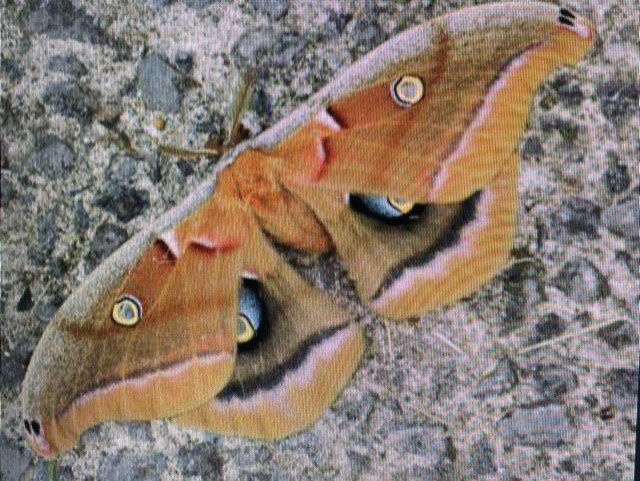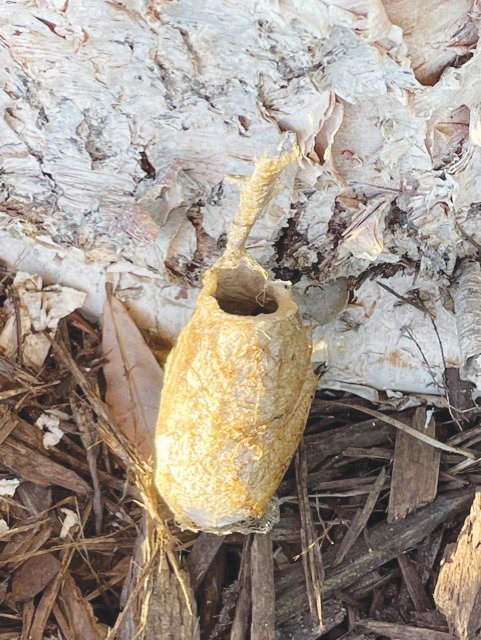The Polyphemus moth: A unique creature
CLAY COUNTY – Winter arrived and many of our trees lost their leaves. Look up into a tree’s canopy and you may see a cocoon attached to a branch. I did recently and was surprised to see five …
This item is available in full to subscribers.
Attention subscribers
To continue reading, you will need to either log in to your subscriber account, or purchase a new subscription.
If you are a current print subscriber, you can set up a free website account and connect your subscription to it by clicking here.
If you are a digital subscriber with an active, online-only subscription then you already have an account here. Just reset your password if you've not yet logged in to your account on this new site.
Otherwise, click here to view your options for subscribing.
Please log in to continueDon't have an ID?Print subscribersIf you're a print subscriber, but do not yet have an online account, click here to create one. Non-subscribersClick here to see your options for subscribing. Single day passYou also have the option of purchasing 24 hours of access, for $1.00. Click here to purchase a single day pass. |
The Polyphemus moth: A unique creature
CLAY COUNTY – Winter arrived and many of our trees lost their leaves. Look up into a tree’s canopy and you may see a cocoon attached to a branch. I did recently and was surprised to see five parchment-like cocoons in my River Birch tree. I found that another cocoon had fallen to the ground and was still attached to part of the twig. There was a hole in the top of the cocoon. I did research regarding the shape and color of the cocoon and learned that the cocoon was that of a Polyphemus Moth, and the hole indicated a moth had emerged.
I learned this moth is relatively common throughout Florida. I also learned that this moth spends the winter in its cocoon and usually emerges in March. Since Florida often has relatively mild winters in January and February, it could also emerge during this time period. With our warm weather this past January, it must have emerged. This moth only lives a few days after emergence, just long enough to mate and start the next generation. The adult does not have mouth parts and cannot feed. The adult moth’s entire energy supply is what it accumulated in its caterpillar stage.
Be on the lookout this Spring and see if you can spot one of these moths, frequently seen at night around streetlights.
Learn more about the garden club by following our Facebook page at: https://www.facebook.com/Orangeparkgardenclub and our website at: https://site.google.com//view//orangeparkgc.











